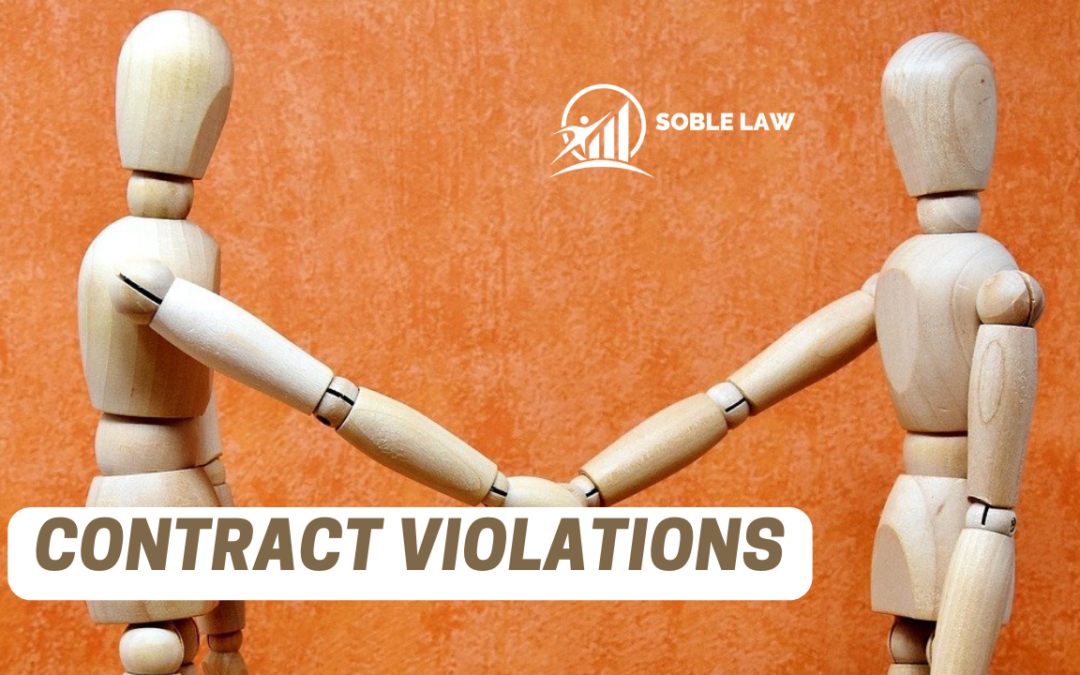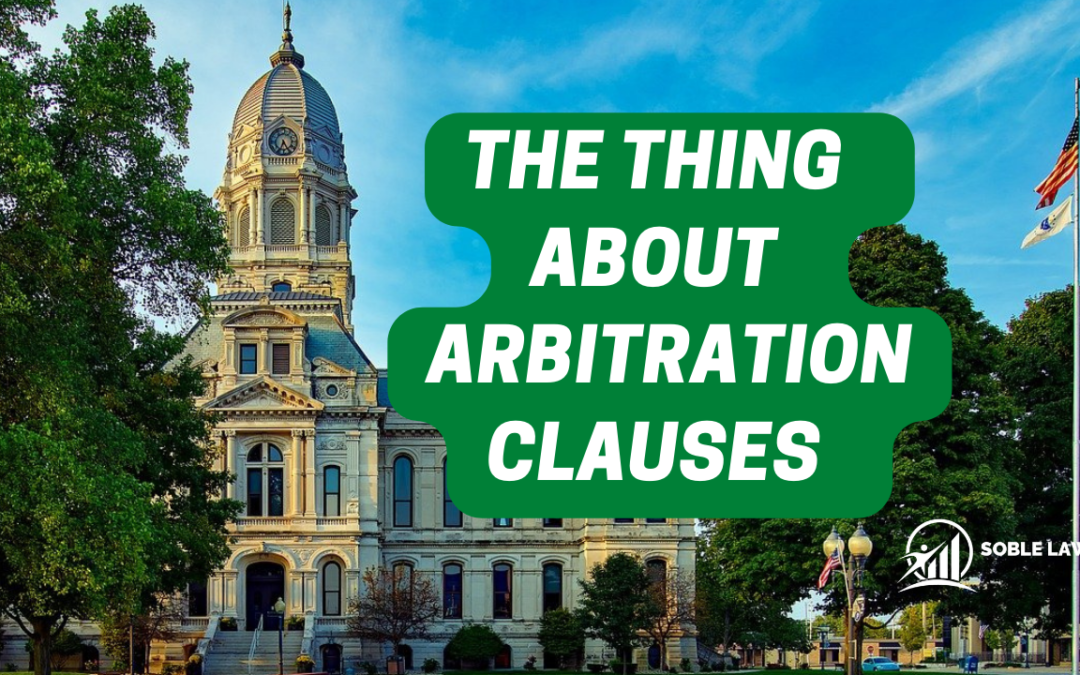Before we get into when an estate executor or personal representative can convey real estate, it is important to understand the basics of the probate process, which are discussed below.
What Is Probate?
Probate is the term for the legal process by which a deceased person’s (a “decedent”) will is reviewed to determine whether it is valid and authentic. A probate action also refers to the legal administration of a decedent’s assets and will typically focus on the existence or non-existence of a will. Probate courts are a separate part of the state court system.
In a probate action, the probate court will review the assets of a deceased person and also determine the valid heirs of the estate.
Individuals can avoid exorbitant probate costs and complexities by having an easily authenticated will or using investment vehicles that do not require probate. However, if there is a will, then a probate action is always required.
How Probate Works
Typically, a probate attorney will assist the heirs of an estate through the probate process. The court pleadings will include legal petitions for court analysis and involve the administration of estate assets previously owned by a deceased person. This also includes real estate that was not properly titled at the time of the decedent’s death. Real estate that is not held jointly or deeded before a decedent’s death is subject to probate court supervision.
After the legal proceedings to determine if the decedent has provided an authentic will and after the decedent’s assets are properly accounted for to the probate court, the probate court will generally provide the estate with a ruling on how the assets are to be divided and distributed to the beneficiaries of the estate.
Often, where a will exists, it will have documented instructions on how estate assets should be distributed after death. If, however, the deceased did not leave a will, the court will provide instructions that are consistent with state law.
Real Estate and Other Assets That Go Through Probate
Not all assets have to be probated. Pension plans, life insurance proceeds, 401k plans, medical savings accounts, individual retirement accounts (IRA), and trusts, will have designated beneficiaries, and therefore, by contract, the proceeds from these assets will go directly to the heirs of the estate. Also, absent any disputes, assets jointly owned, can also avoid action in probate.
Houses and other real estate that are jointly held with rights of survivorship will not go through probate. However, if the decedent is the only person named on a deed at the time of death, the real estate must be included in a probate action and this can be a lengthy process.
Who Distributes the Estate Assets?
When a decedent has made a will, they are legally known as the testator. In the will, a testator names an executor or personal representative, who is responsible for initiating the probate process after the decedent dies. Typically, the executor is an attorney or financial advisor; however, it is not uncommon for an executor to be a relative to the decedent.
The executor is responsible for filing the will with the probate court. States can have different rules for the timeframe in which a will must be filed after death. Filing the will is the first step in the probate process. Once the authenticity of the will is established and accepted by the court, the probate court will then officially appoint the executor named in the will, giving the executor the authority to act for the deceased.
Unless otherwise restricted by the court, an executor can sell or convey real estate during the probate action. It is important, however, to review the court decisions that provide or restrict an executor’s authority, as no probate action is ever the same. Courts can decide to restrict the sale of real estate until the probate estate is closed.
Probate and Real Property Sales
Selling a property that is the subject of a probate proceeding is not like a traditional home sale. Usually, probate attorneys are involved with the decedent’s family during the probate proceedings as well as in the real estate process. Sometimes the decedent’s financial advisors, who were involved in the initial estate planning process are also involved in probate sales as well.
If the estate representative is planning to sell the real property with a real estate agent, they should first meet with their family or probate attorney to obtain Letters of Authority from the probate court, then provide it to a real estate agent who specializes in probate properties. Some sales agents are even credentialed as Certified Probate Real Estate Specialists, focusing their entire real property sales business on probate homes.
Real Estate Investors and Probate
Entrepreneurs involved in real estate investing, are actively involved with purchasing probate property. They find potential probate homes through available county filings and public records. However, if the decedent’s property is not probated, or there is a delay with the estate proceedings, these real estate investors will be forced to wait for the house in probate.
Potential buyers will rarely wait for the representative to put the estate through probate. The entire process of a probate action can take months and therefore can easily kill real estate deals for a family, or heirs and beneficiaries of an estate. This can be especially difficult for the estate or its heirs needing to pay off debts of the estate.
You can avoid legal issues and lost business opportunities when you involve a legal professional who can assist estates in managing the probate process.
Conclusion
The executor can convey real estate that belongs to the estate, only after they receive permission from the probate court. Once they are designated by the court as the personal representative of the estate, they have the authority to manage, rent, lease, list, or sell the real estate following the instructions of the will. They have to do this while the estate is still open. It is not a long-term assignment. The estate has to be closed out on time (usually about six months) and when it’s closed, the powers of the executor expire.
If you liked what you read, check out our related YouTube videos




















